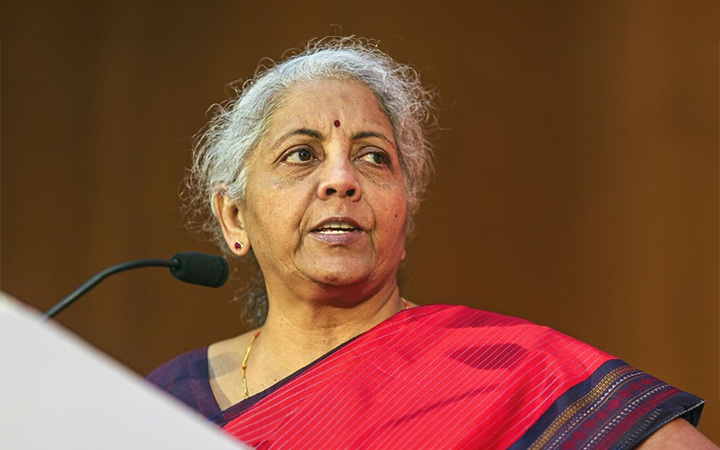With the onset of Modi 3.0, all eyes are set on the forthcoming Union Budget 2024, which is set to be presented in July. Industries, farmers, taxpayers, and the middle class eagerly await potential boosts and tax reliefs from Finance Minister Nirmala Sitharaman.
As the first budget of this new government term, expectations are high for impactful announcements that could shape India’s economic trajectory in the coming year.
“In the Union Budget 2020, the Modi government introduced a new tax regime with lower slabs but without traditional deductions. It failed to attract expected adoption, prompting adjustments like a standard deduction and rebate up to ₹7 lakh to incentivize taxpayers.”
Changes Expected Under the New Tax Regime
Despite offering lower tax rates, the new tax regime has not gained significant traction among taxpayers. To enhance its appeal and encourage broader adoption, the government anticipates introducing additional deductions under this regime.
There is anticipation for an increase in this deduction limit to ₹2 lakh per annum to better accommodate the range of investment options available, according to Financial Express.
Will Budget 2024 bring tax relief to boost consumption?
Budget 2024 is anticipated to introduce reforms to the income tax structure in India, focusing on reducing taxes for lower income brackets to stimulate consumption. The Indian Express reports that the government may prioritize tax cuts over increased welfare spending in July’s budget announcement.
Currently, income tax starts at 5% for earnings exceeding ₹3 lakh and rises sharply to 30% for income over ₹15 lakh, a sixfold increase despite a fivefold income rise. Officials suggest that rationalizing these tax slabs could significantly increase disposable income, thereby boosting economic activity and GST collections.
Specifically, there is a possibility of increasing the 80C deduction limit from ₹1.5 lakh to ₹2 lakh under the old tax regime, last revised in 2014 by Finance Minister Arun Jaitley during the Modi 1.0 government. Currently, Section 80C benefits are not available under the default (new) tax regime. It is expected that this benefit will be extended to the default tax regime to incentivize more taxpayers to opt for it, as suggested by Suresh Surana, founder of RSM India, according to Financial Express.
Expected Revisions Under the Old Tax Regime
Under Section 80C of the Income-tax Act, 1961, deductions encompass various savings and investments, including LIC, PPF, RPF contributions, and more. The current annual limit for these deductions stands at ₹1,50,000. However, stakeholders argue this limit is restrictive considering the breadth of eligible investments such as fixed deposits, ELSS, housing loan principal, life insurance premiums, etc.
Finance Minister Sitharaman is initiating pre-budget consultations with industry groups on June 20, following discussions with Revenue Secretary Sanjay Malhotra on June 18. The upcoming budget under Modi 3.0 aims to balance growth acceleration and inflation control while funding coalition commitments.
India targets becoming a USD 5-trillion economy and achieving ‘Developed India’ status by 2047. The RBI forecasts 7.2% economic growth this fiscal year, driven by rural demand and easing inflation.
India’s economic policies have garnered positive feedback, with S&P upgrading the sovereign rating outlook to positive, contingent on meeting fiscal targets. However, non-tax revenue remains a challenge, except for the strategic disinvestment of Air India, reported India Today.
Conclusion and Call to Action
The upcoming Union Budget 2024 is a critical opportunity for the Modi government to address economic challenges and meet the expectations of diverse stakeholders. With potential tax reforms on the horizon, taxpayers and businesses alike are hopeful for measures that will drive growth and enhance prosperity.
Stay tuned for the detailed budget announcement in July to see how these expectations unfold.

